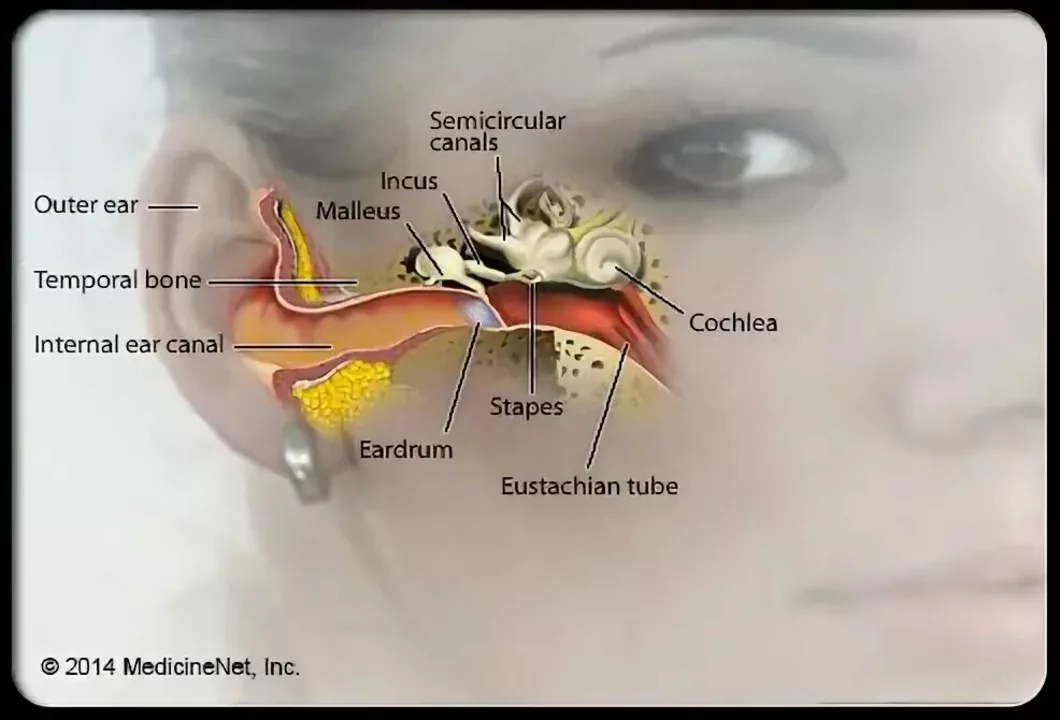Atenolol: a practical guide for patients
Atenolol is a beta‑blocker doctors often prescribe for high blood pressure and chest pain (angina). If someone gave you a prescription or you’re researching options, this page explains what atenolol does, typical doses, common side effects, and simple safety rules so you can use it wisely.
How atenolol works and common doses
Atenolol lowers heart rate and reduces the force your heart pumps. That eases chest pain and lowers blood pressure. For adults the usual start dose is 25–50 mg once daily. Many people end up on 50–100 mg once daily depending on response. Your doctor may choose lower doses for older adults or those with weak kidneys because atenolol is cleared by the kidneys.
Use the pill at the same time every day. You can take it with or without food. If your doctor prescribes it for angina or after a heart attack, follow their exact plan—doses and timing can differ depending on the situation.
Side effects, interactions, and safety tips
Common side effects include tiredness, cold hands or feet, slow pulse, and dizziness when standing up. Some people notice sleep changes or lower sex drive. Serious problems are rare but important: severe slow heartbeat, fainting, low blood pressure, or breathing trouble.
Atenolol is relatively heart‑selective (it targets beta‑1 receptors), but at higher doses it can affect the lungs. If you have asthma or severe COPD, tell your doctor—beta blockers can make breathing worse in some cases.
Watch drug interactions: combining atenolol with calcium channel blockers like verapamil or diltiazem raises the risk of very slow heart rate or heart block. Mixing it with other blood pressure medicines can cause low blood pressure. Also, atenolol can mask signs of low blood sugar (like a fast heartbeat) if you have diabetes, so check glucose more often when starting or changing dose.
Never stop atenolol suddenly. Stopping abruptly can cause your chest pain to return or trigger a fast heart rhythm. If you need to stop, your doctor will usually lower the dose over a week or two.
Simple monitoring steps: check your blood pressure and pulse regularly, especially the first few weeks. If your resting heart rate drops below about 50 beats per minute or you feel dizzy, call your prescriber. Your doctor may order kidney function tests so they can adjust the dose if needed.
If you're pregnant, planning pregnancy, or breastfeeding, talk to your doctor. Some beta‑blockers affect the baby and may need alternative choices or closer monitoring.
Quick checklist: take atenolol at the same time daily, report breathing problems or fainting, tell every clinician you see that you're on a beta‑blocker, and don't stop it by yourself. Ask your pharmacist about interactions with over‑the‑counter meds like decongestants, which can raise blood pressure.
Questions about your dose or unusual symptoms? Contact your healthcare provider—getting small changes right keeps you safer and feeling better on atenolol.

Atenolol and Tinnitus: Can It Cause Ringing in the Ears?
I recently came across some information on Atenolol and tinnitus, which got me thinking - can this medication cause ringing in the ears? From my research, it seems that Atenolol, a beta-blocker used to treat high blood pressure and other heart conditions, has been linked to tinnitus in some cases. Although it's not a common side effect, some people have reported experiencing ringing in their ears after taking Atenolol. If you're on this medication and notice any changes in your hearing, it's essential to consult your doctor. They can help determine if Atenolol is the cause and recommend alternative treatments if necessary.
Read More




